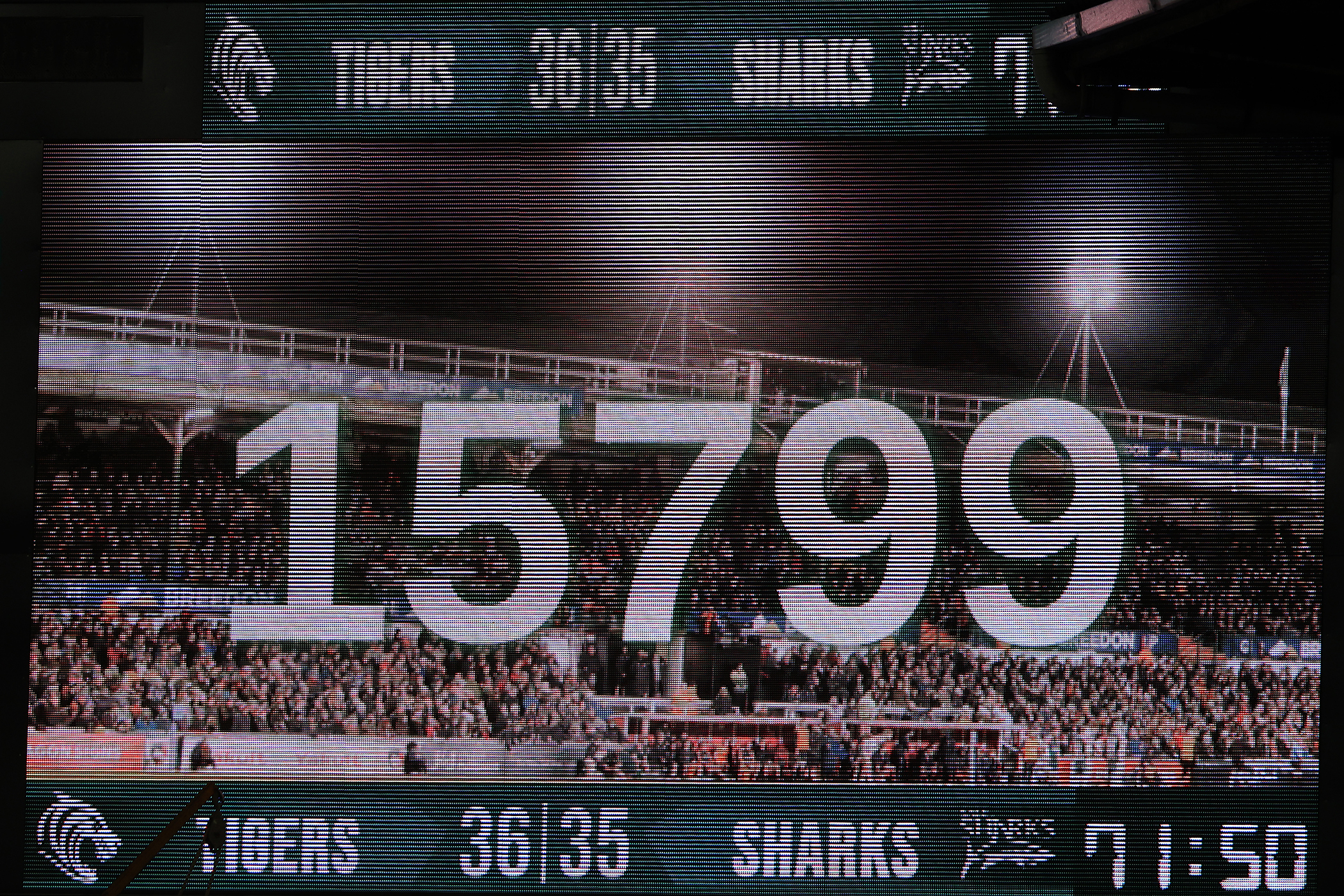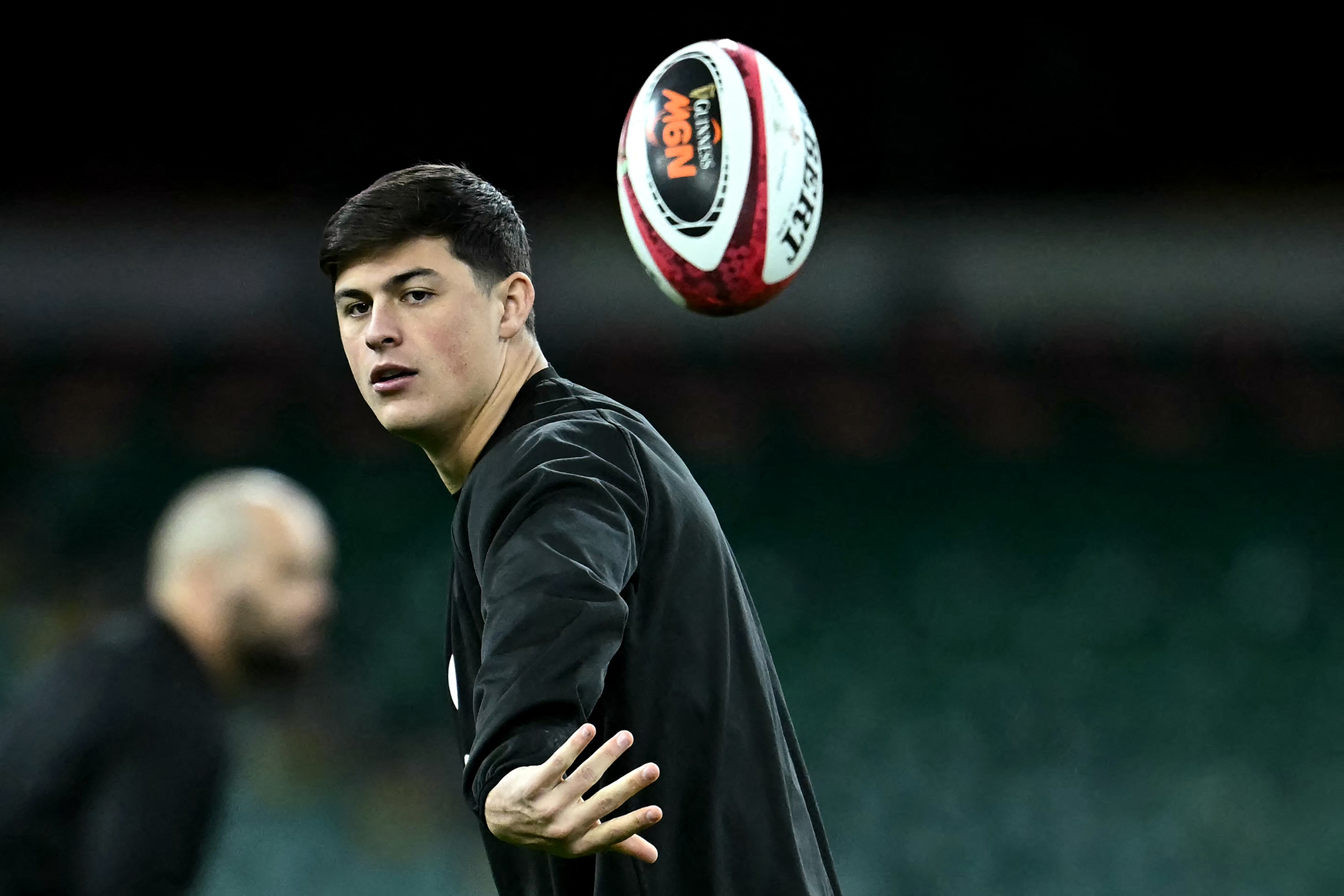The bleaker figures in the latest report into domestic English rugby's finances, released today, are a familiar sight for those who have pored through rugby's profit/balance sheets over the past five years. As noted by Alex Cadwallader, a Leonard Curtis director and former England U21 player: “There are no surprises in our latest report.”
The reliance on wealthy investors, the cumulative debt, the annual losses: none of it is new information but it remains concerning, now three years removed from the calamitous loss of Wasps, Worcester Warriors and London Irish from the top flight of English rugby due to bankruptcy.
In the 2023/24 season, Prem Rugby (formerly known as the Gallagher Premiership) clubs made a combined loss of £34m, with the total debt across the league reaching £342.5m. Six clubs were balance sheet insolvent, meaning they were reliant on financial support from their owners as they were also loss-making.
Now, in the interests of balance, Prem Rugby earlier this week released their own set of figures, forecasting an improvement in revenue for next year topping £200 million for the first time since the league was reduced to 10 teams.
There are multiple reasons for this, to be revealed in full in an independent financial audit released later this month: improved ticket sales, a new TV deal extension with TNT Sports believed to be worth around an increased £40m per season, keeping costs flat to help reduce underlying losses by 44%. The recently signed Professional Game Partnership with the Rugby Football Union is also worth £33m per season, while the forecast also expects three of the Prem clubs to break even this season.
"We know we have something very special with the Prem and we are on a good financial trajectory," said Prem Rugby chief executive Simon Massie-Taylor. "Fan interest and engagement is exponentially increasing too, proving that there is plenty more commercial growth to go after. Our vision is to be the best league in world rugby and I am very optimistic about the future." That is certainly a nice vision, although there remains a substantial gap between the top flight of English rugby and France’s Top 14.
Admittedly the Leonard Curtis report loses a little steam when you factor in that the imminent report from Prem Rugby’s Financial Monitoring Panel has the latest figures, as opposed to working backwards from 2023/24. However, one section should pique everyone’s interest: the suggested benefits of a franchising model.
Speculation was rife earlier this year that Prem Rugby wanted to adopt franchising by either 2027 or 2028, the most significant change to the English game since the launch of professionalism in 1995. Under that model, clubs would be awarded licenses based on finances, fanbase and facilities to become part of the Prem. There is also no suggestion of any teams being moved, keeping the strongholds (Bath, Leicester, Gloucester) where they should be, while the league would ideally expand back to 12 sides as opposed to the current 10.
Perhaps the key word here is centralisation, bringing the league’s commercial operations, kit deals, revenue shares all under one roof and sharing them out equally among the participating sides, with the Prem having glanced enviously at the success of the Indian Premier League, The Hundred and the NFL. The relaunch of Newcastle Falcons as Newcastle Red Bulls, while a slightly unique case given Newcastle’s financial position prior to that sale, feels like a glimpse into the future.
Leonard Curtis, which has an extensive background in restructuring, estimates in the report that moving to a franchise model could save each club up to £1.9m annually on a typical turnover of £20m, while also issuing the following recommendations to be installed under the franchise structure: independent financial regulation (which the Prem already has), solidarity with the second tier (a bugbear in recent years with Prem owners, including Bruce Craig, believing investors are put off by the prospect of relegation) and one final factor which might be the most important of them all – disciplined cost control, pairing the existing salary cap of £6.4m per season initially with ‘a recommended wage to revenue ratio limit of 70%.
Newsletters
Choose the newsletters you want to receive
View more
For information about how The Observer protects your data, read our Privacy Policy
That last point will be music to the ears for those who have stressed that the league is spending beyond its means when it comes to player salaries. Around eight out of the 10 Prem clubs, excluding Gloucester and Newcastle, are also believed to pay for marquee players, whose salaries are excluded from the £6.4m salary cap. Marquee players during the 2023/24 season earned on average £569,531. One of the event panellists, Professor Rob Wilson, suggested that the £6.4m salary cap figure should be drastically reduced down to £4m, and that the marquee player rule should be removed completely.
James Haskell, the former England international, is quoted in the report backing the addition of “proper wage to revenue guardrails”, along with an independent regulator. “We might [then] finally have the beginnings of something that looks like a sustainable business model.” Speaking in a video address at the launch event for the 2025 report, Haskell likened the current financial situation of English rugby to "Thelma and Louise, foot down, laughing bravely, eyes wide open, hurtling towards the cliff edge".
Haskell’s inclusion in the report may raise eyebrows given his close ties to Mike Tindall, the public face of rebel competition R360 which in recent weeks has seemingly been thwarted by the contract renewals of big-name players including Antoine Dupont at Toulouse (until 2031), George Ford at Sale Sharks and Fin Smith with Northampton Saints.
The on-field product in English rugby has rarely been more appealing, with the Prem on track for another sell-out final at Allianz Stadium next summer. What the domestic game is now trying to do, as it has been for years, is to entice the huge chunk of rugby supporters who are only invested in the highs and lows of the England team to watch the game all year round.
Off the field? Whether the suggestion of a franchising model comes from Prem Rugby or Leonard Curtis or anyone willing to devote their time to poring through each Prem club’s accounts, the game in England is ripe for reinvestment and a restructure. Moving away from relying on the deep pockets of club owners, creating more stability, makes the game more enticing to investors. There is a logic to the franchise model. And being logical is not something that professional rugby has been accused of too often in the past.
Photograph by Stephen White/CameraSport via Getty Images



